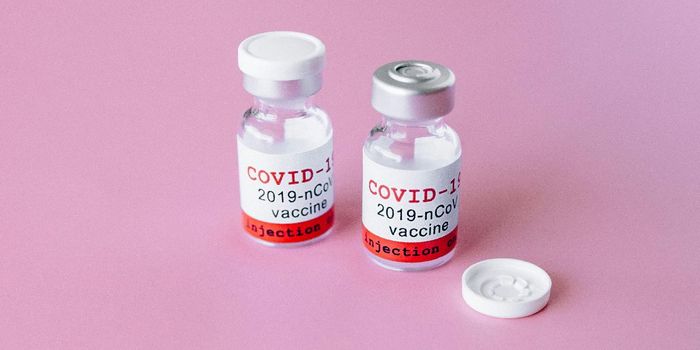Drug Delays Type 1 Diabetes in High Risk Individuals
An immunotherapeutic, involving anti-CD3 monoclonal antibody (teplizumab), was seen to slow down the progression to clinical type 1 diabetes in high risk individuals. Findings from the National Institutes of Health-funded research show that clinical type 1 diabetes can be delayed by two or more years for individuals at high risk.
"The difference in outcomes was striking. This discovery is the first evidence we've seen that clinical type 1 diabetes can be delayed with early preventive treatment," said Lisa Spain, Ph.D., Project Scientist from the NIH's National Institute of Diabetes and Digestive and Kidney Diseases (NIDDK), sponsor of TrialNet. "The results have important implications for people, particularly youth, who have relatives with the disease, as these individuals may be at high risk and benefit from early screening and treatment."
These results were published online in The New England Journal of Medicine and presented at the American Diabetes Association Scientific Sessions in San Francisco.
"Previous clinical research funded by the NIH found that teplizumab effectively slows the loss of beta cells in people with recent onset clinical type 1 diabetes, but the drug had never been tested in people who did not have clinical disease," said Kevan C. Herold, M.D., of Yale University, the study's lead author. "We wanted to see whether early intervention would have a benefit for people who are at high risk but do not yet have symptoms of type 1 diabetes."
Type 1 diabetes is a result of the immune system attacking its own insulin-producing cells. Insulin is critical for converting glucose into energy. However, with Teplizumab, it works by targeting the cells that recognize the insulin producing cells as ‘foreign’—lessening the destruction.
Learn more about Type 1 Diabetes:
"While the results are encouraging, more research needs to be done to address the trial's limitations, as well as to fully understand the mechanisms of action, long-term efficacy and safety of the treatment," said Dr. Spain.
"This trial illustrates how decades of research on the biology of type 1 diabetes can lead to promising treatments that have a real impact on people's lives. We're very excited to see the next steps in this research," said Dr. Griffin P. Rodgers, NIDDK Director. "The dedicated researchers, volunteers and families participating in this program make discoveries like this possible."
Source: National Institutes of Health









